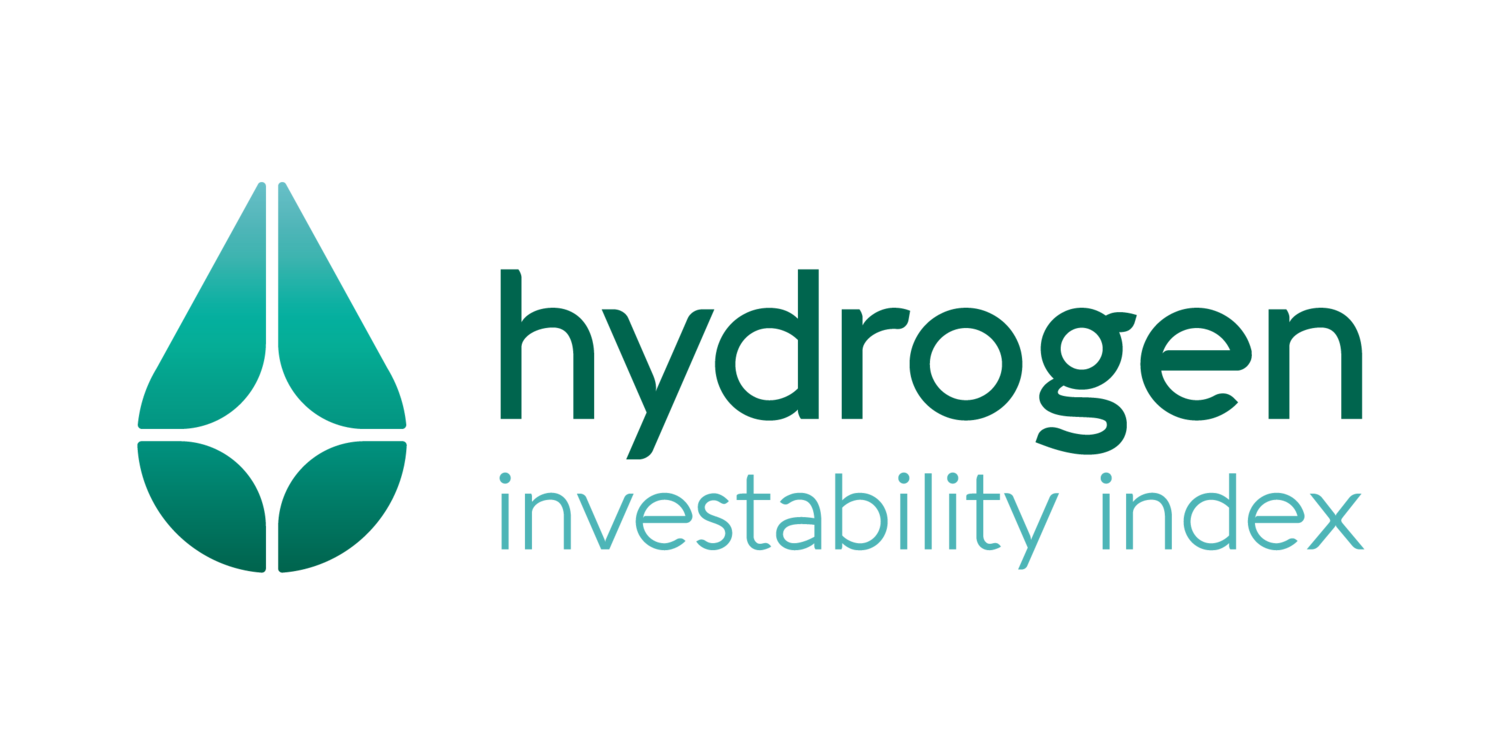Renewable resource
Assesses the cost and technical potential of onshore and offshore wind and solar. Countries with low LCOE and high technical potential will become hydrogen export countries, and if they have a supportive local regulatory/carbon pricing regime, will start producing first for domestic use. Countries with high LCOEs, low potential but strong regulatory support may still produce hydrogen today at high cost, as long as a transportation technology/cost barrier exists. A bonus score given to countries with existing hydropower as a high percentage of grid, that can start producing low carbon hydrogen directly from the grid without the additional constraint of needing to find sites for renewables.
Cost of renewables
Cost is the highest weighted component in this pillar given its high share of the LCOH. Scoring evaluates:
LCOE of solar PV, onshore wind and offshore wind
Technical potential of renewables
Scoring evaluates technical potential of:
Solar PV taking into account available land (filtered for extreme remoteness, built up areas, forests and rugged terrain) irradiation levels
Onshore wind taking into account available land and wind speeds
Offshore wind, fixed and floating
Market size of renewables
This metric is to recognize that high LCOE markets like Japan and Korea, that nevertheless procure large amounts of renewables, may similarly invest in local hydrogen production despite high LCOEs. Scoring evaluates:
Size of solar PV, onshore wind, and offshore wind markets today and forecast over the medium term
Hydropower (bonus)
Due to the cost, complexity, and development timelines for green-field hydro power plants we have only included countries where hydropower is already a significant part of the generation mix enabling such countries to potentially start producing clean hydrogen based upon high load factors.
Hydropower % of grid
High-capacity factor (bonus)
A bonus is given for countries with both strong solar and onshore/offshore wind resources, given that hybrid renewable power is key to achieving high electrolyser load factors.

